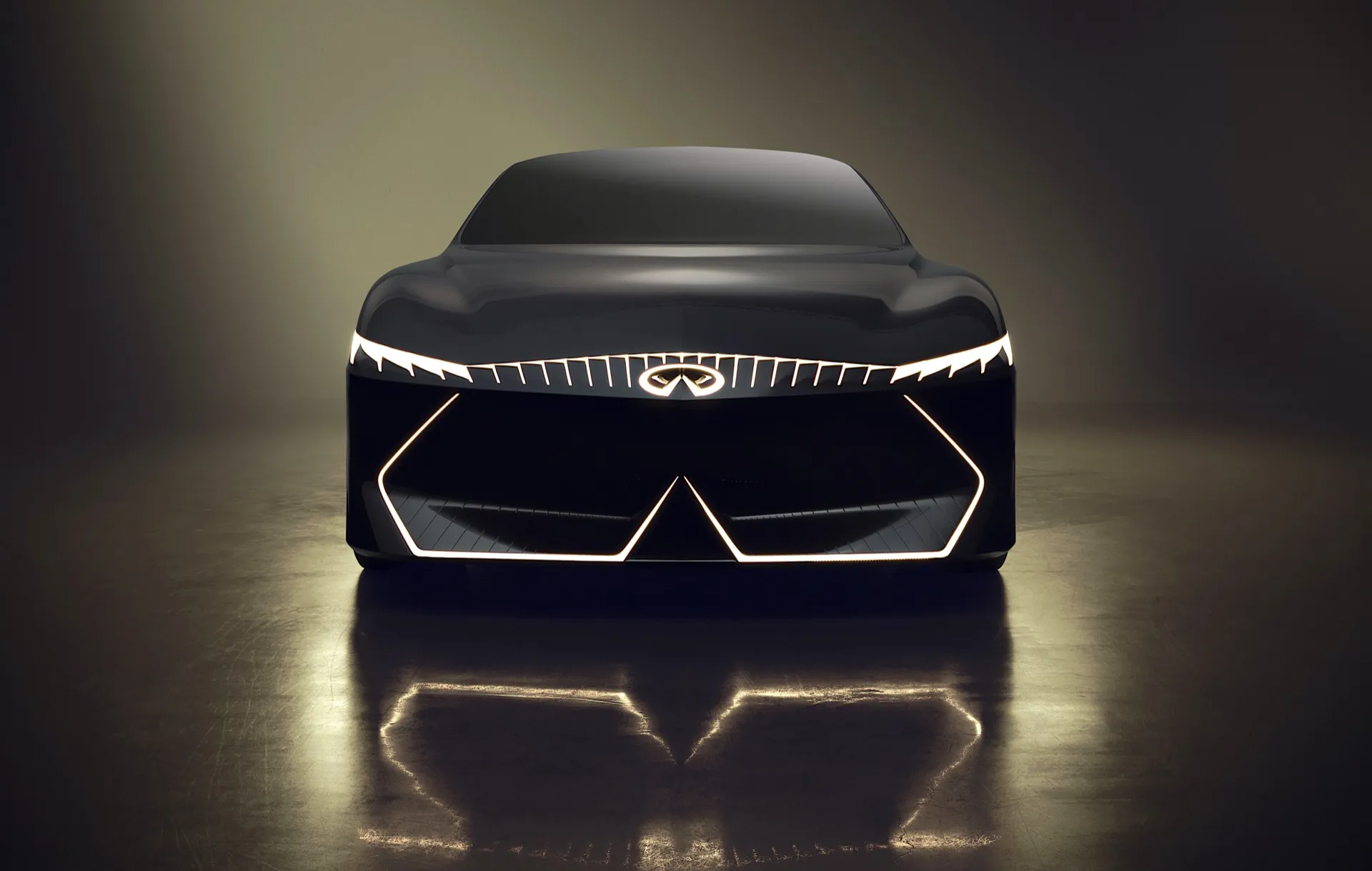Which two automakers aborted plans to create millions of EVs together?
Which charging network became the first one to buy charging hardware from Tesla?
This is our look back at the Week In Reverse—right here at Green Car Reports—for the week ending October 27, 2023.
This past week, the Tokyo auto show, officially the Japan Mobility Show, was the backdrop for various EV concept reveals.
That included several Toyota concept vehicles were revealed for the show, including a Land Cruiser Se EV concept that might take the rugged off-road nameplate in a new direction—potentially, as an even bigger three-row family vehicle. Is it the 3-row electric SUV due to be U.S.-made in just a couple years?
Toyota Land Cruiser Se concept
Toyota also showed a truly compact electric van the length of a Mini Cooper. Called the Kayoibako concept, it’s sized for efficient use of space and a wide range of urban purposes. Although unlikely for the U.S., might this be a chance for the automaker to get back into the space Toyota once had with the Scion xB? And the Toyota EPU EV concept looks a lot more likely, showing the way to an electric pickup that’s smaller than the current Tacoma—or about the size of the Ford Maverick hybrid truck.
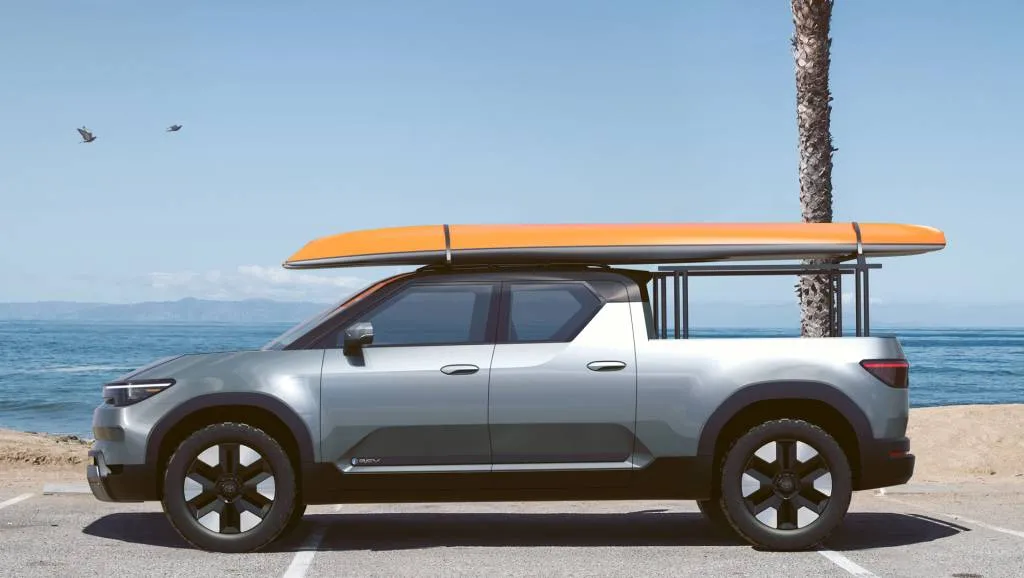
Toyota EPU concept
The Lexus LF-ZL concept is a long and relatively low SUV built with three large “gigacastings,” a new generation of prismatic lithium-ion battery cells with higher energy density, bidirectional charging and V2G connectivity, and a next-gen operating system. There’s a sleek LF-LC hatchback as well that follows the same design themes and gets the brand’s steer-by-wire system.
Also timed for Tokyo, and following up on a suite of Nissan concepts revealed ahead of the show, the Infiniti Vision Qe concept from Nissan’s Infiniti brand provides a glimpse of the future design direction of the brand, as well as its first EV set to be built in the U.S.
Mazda revealed the Iconic SP hybrid sports car concept—building on the Wankel rotary engine as the foundation for a series hybrid system. The automaker also suggests it could be a plug-in hybrid with the capability to supply backup power. It wasn’t the only one to show up with a hybrid concept, though; Honda also showed a hybrid Prelude concept that’s production-bound.
Mazda Iconic SP concept
While Toyota showed several modern electric truck concepts at the show, it’s expanding a different approach to a test fleet in Thailand, Australia, and perhaps other markets. The Toyota HiLux Revo BEV concept goes basic and aims for fleet use, with a cost-conscious approach including a modest battery pack good for up to 143 miles and 0-60 mph acceleration in the 10-second range. Could this approach work in the U.S. for an affordable Toyota Tacoma EV?
In other EV news, GM on Monday confirmed that it’s delaying production of the Chevrolet Equinox EV, as well as some versions of the Chevy Silverado EV and GMC Sierra EV pickups. The extra “few months” will allow the company to boost production efficiency and lower manufacturing costs, according to the company’s CEO.
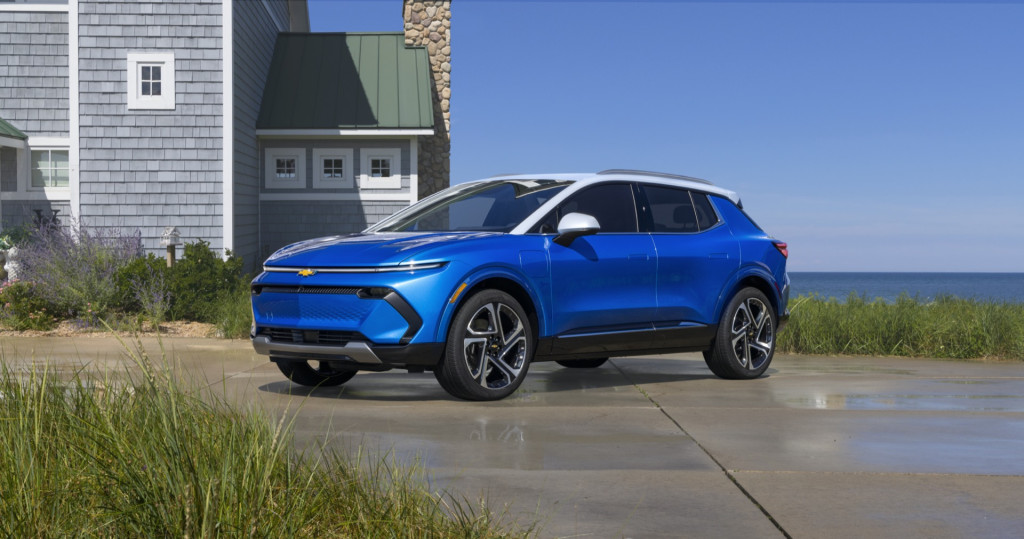
2024 Chevrolet Equinox EV
Further, Honda and GM are ending a partnership announced just last year—one that might have resulted in millions of affordable compact EVs across many different models. GM is opting for a lower-cost effort shifting the Bolt EV to LFP battery cells, while Honda’s dedicated EV platform arrives in 2025.
The 2024 Fisker Ocean EV is getting a $7,500 price cut for the top Extreme trim level, versus 2023. Other versions of the Ocean get a slight price increase, though.
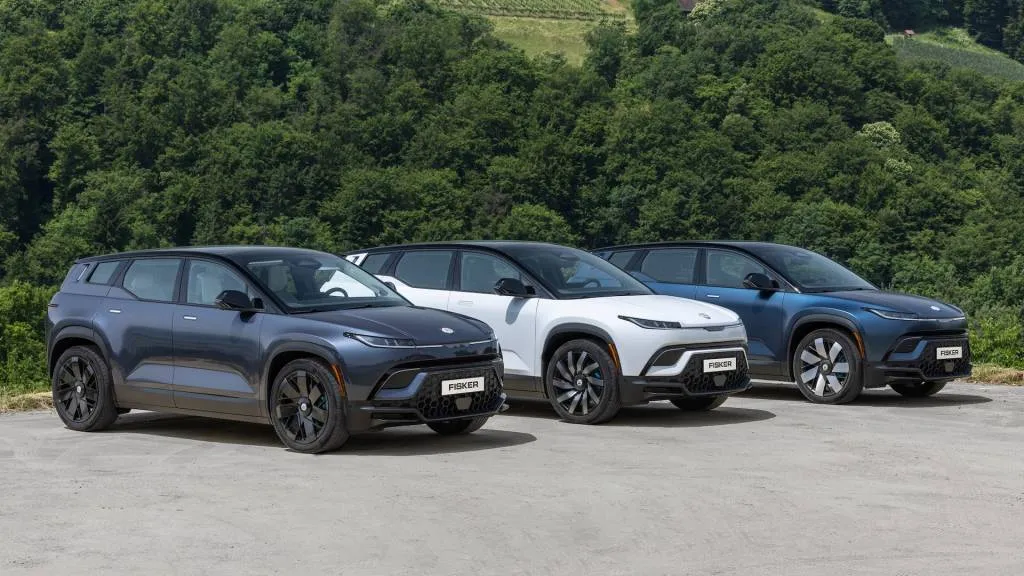
Fisker Ocean
Stellantis announced specs for a refreshed lineup of electric vans on Monday, including plans for a second-generation hydrogen fuel-cell powertrain that might deliver more range than the EVs. Details for U.S.-market Ram-brand versions are yet to come.
Taiwan’s Foxconn revealed an electric cargo van and provided an update on its Foxtron EVs—although it didn’t provide any update on projects that it intends to build as a contract manufacturer, like the Fisker Pear in Ohio.

BP to purchase Tesla chargers
The oil giant BP, through its BP Pulse charging brand, ordered $100 million in Tesla charging hardware, due to go into service starting in 2024 at gas station locations and more. It’s the first third-party charging network to place such an order with Tesla. The chargers will have an output of up to 250 kw and will accept both Tesla NACS and CCS DC fast-charging connectors.
The Pebble Flow travel trailer is one of several electrified RV concepts in the works that will provide propulsion assist to reduce the range loss of the EV towing it. The Flow, to be formally revealed at the LA auto show in November, also offers solar charging and a 45-kwh LFP battery pack good as a home power backup source.
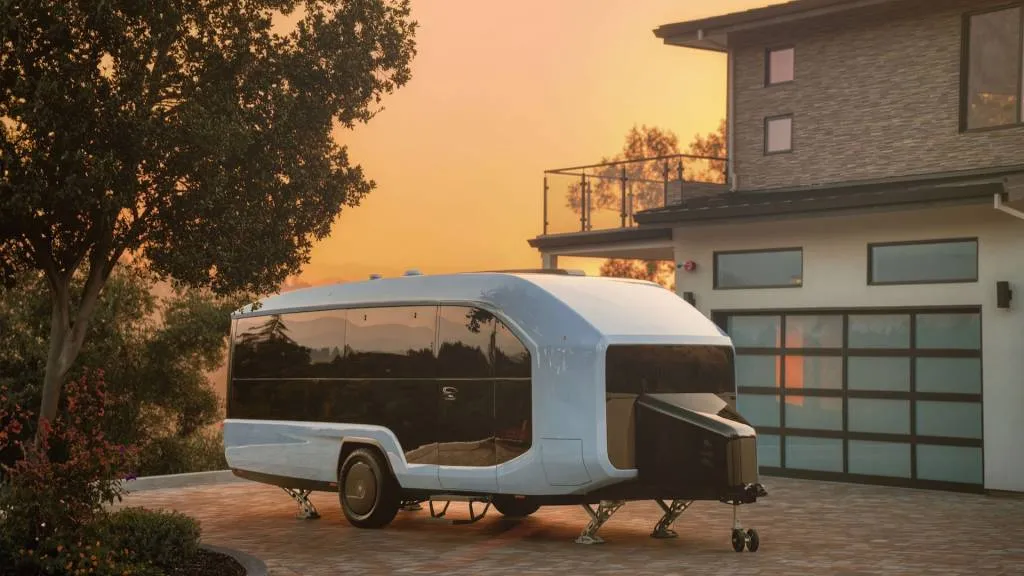
Pebble Flow travel trailer
And according to several new market reports, prices are dropping on used EVs, including Tesla models, because of an uptick in the sheer volume of EVs on the market. The Tesla Model 3 has fallen $9,000 in value on the used market since 2021, and prices on used EVs overall have fallen nearly 20% in just the past 11 months—enough to still yield an improvement in affordability despite higher finance rates.
_______________________________________
Follow Green Car Reports on Facebook and Twitter
Read the full article here


